Keywords: Catholic Social Services
There are more than 24 results, only the first 24 are displayed here.
Become a subscriber for more search results.
-

AUSTRALIA
- Adam Hughes Henry
- 22 April 2025
By any measure of moral progress, a society should be judged by how it treats those who are most vulnerable. Yet in Australia, people with disabilities continue to be treated not as citizens with equal standing, but as problems to be managed; an inconvenience to be contained within a labyrinth of bureaucratic delay and economic rationalisation.
READ MORE
-
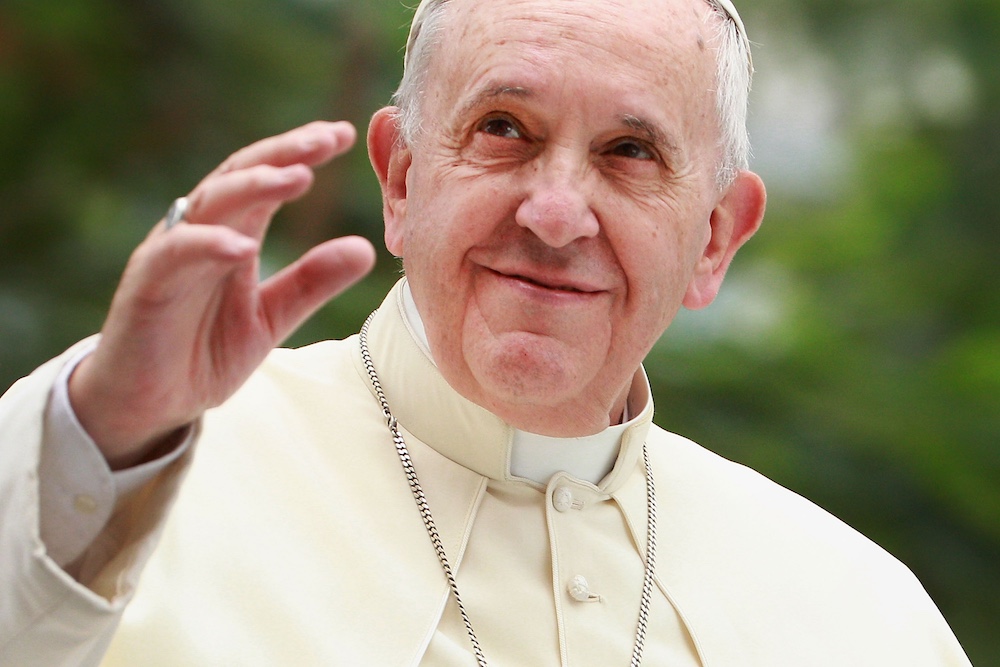
RELIGION
- Andrew Hamilton
- 22 April 2025
In a world that sees refugees and immigrants as a threat, disregards the victims of war, trashes the environment, rewards self-interest and cheapens religious faith, Pope Francis wept with those mistreated, pleaded their cause and radiated joy and hope.
READ MORE
-
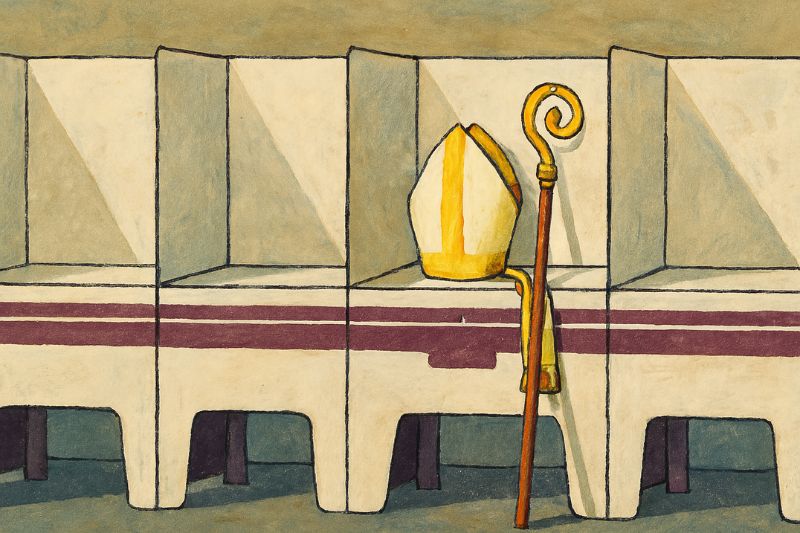
RELIGION
- John Warhurst
- 10 April 2025
As Australia approaches a federal election, the bishops have offered a statement of gentle encouragement themed around hope. Yet in its caution and generality, it raises questions about missed opportunities for moral clarity, national relevance, and a more engaged voice in public life.
READ MORE
-

AUSTRALIA
As Australia heads toward a federal election, the government’s latest budget offers relief but fails the deeper test of justice. In a nation facing rising inequality and entrenched disadvantage, what’s missing is a vision anchored in the common good, a politics that serves not just voters, but the voiceless.
READ MORE
-
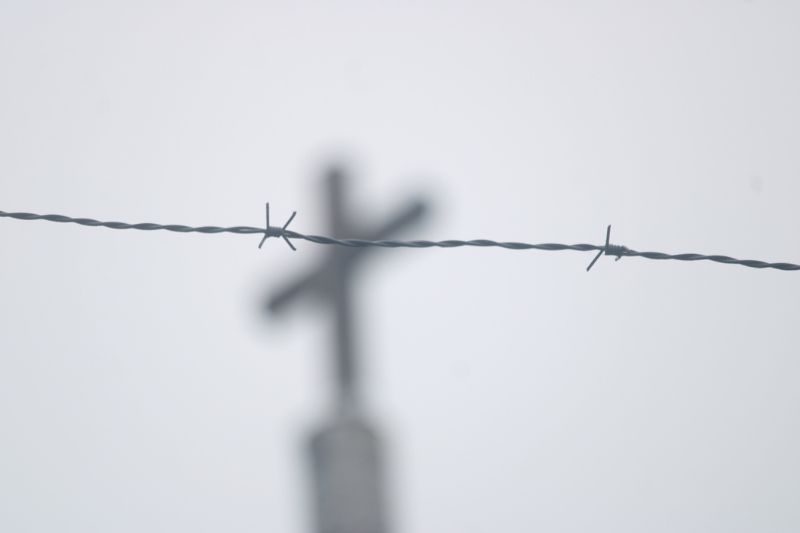
RELIGION
- Vincent Long Van Nguyen
- 01 April 2025
As war rages, the climate suffers and inequality grows, the ancient idea of Jubilee feels newly urgent. Can an economy built on profit give way to one rooted in justice? Can the Church trade power for presence? Renewal may begin where the poor, the displaced and the earth come together.
READ MORE
-
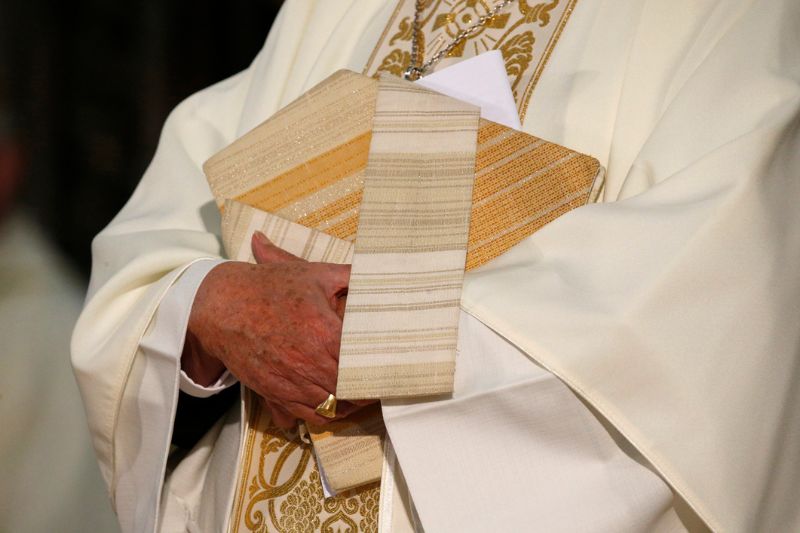
RELIGION
- John Warhurst
- 25 March 2025
As Australia approaches another federal election, the Catholic Church, long ambivalent about democratic politics, prepares to weigh in. Its official statement could play it safe, as in years past — or it could offer a deeper moral vision, confronting the global drift toward division with the quiet radicalism of synodality.
READ MORE
-
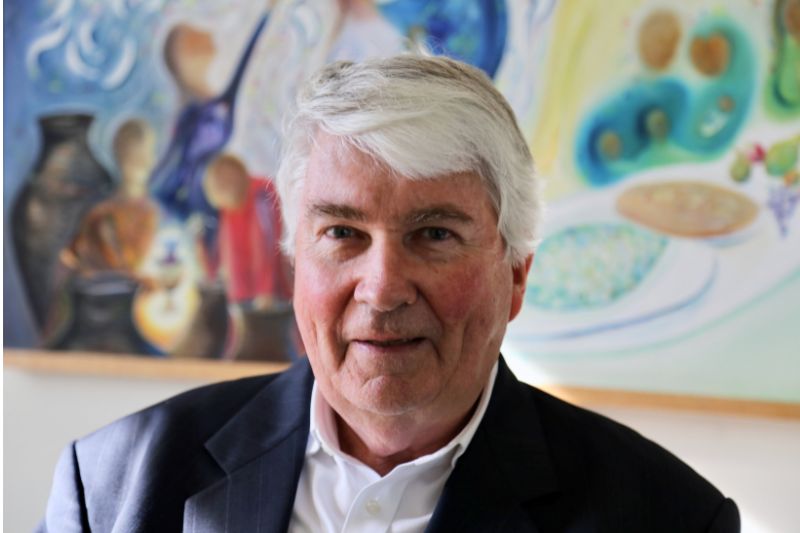
RELIGION
- Jim McDermott
- 13 March 2025
Frank Brennan wears his prominence lightly. A priest, lawyer, and tireless advocate for Indigenous rights and refugees, he is as at home in political corridors as he is at the dinner table, welcoming friends with stories and good cheer. Now, celebrating 50 years as a Jesuit, he reflects on faith, justice, and a life of service.
READ MORE
-

INTERNATIONAL
- Anonymous
- 20 February 2025
Myanmar’s military-led turmoil drives millions from their homes, bombs local communities, and keeps democracy icon Aung San Suu Kyi behind bars. Once a nation of proud heritage and abundant resources, it now teeters on social and economic collapse. Our deep dive examines an enduring crisis and the determination powering an urgent call for change.
READ MORE
-

INTERNATIONAL
- Andrew Hamilton
- 19 February 2025
The shockwaves of the Hamas attack on Israel and the Israeli military’s response in Gaza have ignited protests, inflamed divisions, and prompted a reckoning with rising antisemitism. As hostilities pause, how should societies distinguish between legitimate criticism and rhetoric that fuels hate?
READ MORE
-

RELIGION
- Michael McVeigh
- 12 February 2025
Vice President JD Vance’s defense of Trump’s executive orders has ignited a theological debate on "ordo amoris"—the order of love. Critics argue that reducing love to a hierarchical formula distorts Catholic social teaching. But is the influence of big tech reshaping both religious thought and our global priorities?
READ MORE
-
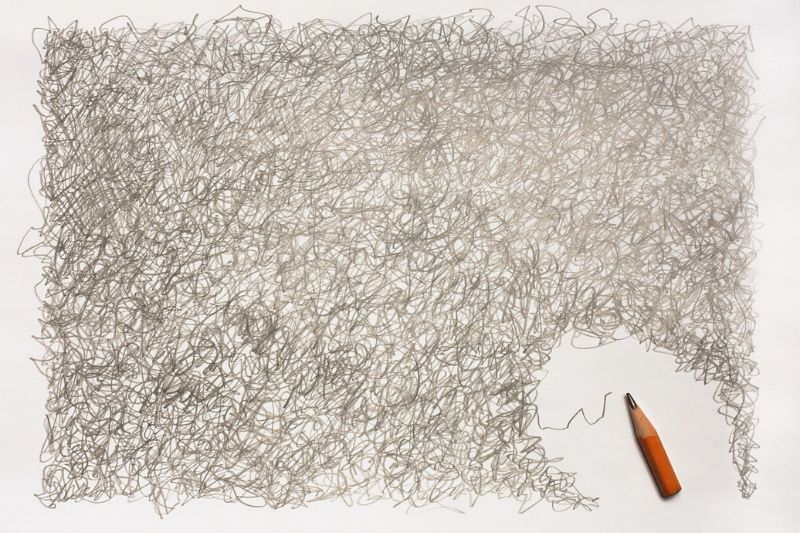
AUSTRALIA
- David Halliday, Michael McVeigh, Laura Kings, Michele Frankeni, Andrew Hamilton
- 18 December 2024
To close the year for Eureka Street, the editorial team are taking a step back to reflect on the character of 2024. What did it demand of us? What did it teach us about ourselves, and the world we inhabit?
READ MORE
-

RELIGION
- Justin Glyn
- 30 November 2024
2 Comments
The Synod on Synodality has quietly rewritten the Church’s relationship with disability, shifting from a legacy of marginalisation to a vision of equality and dignity. This historic move acknowledges past failings while championing the rights of disabled people as full participants in faith and society. But does the rhetoric match reality?
READ MORE